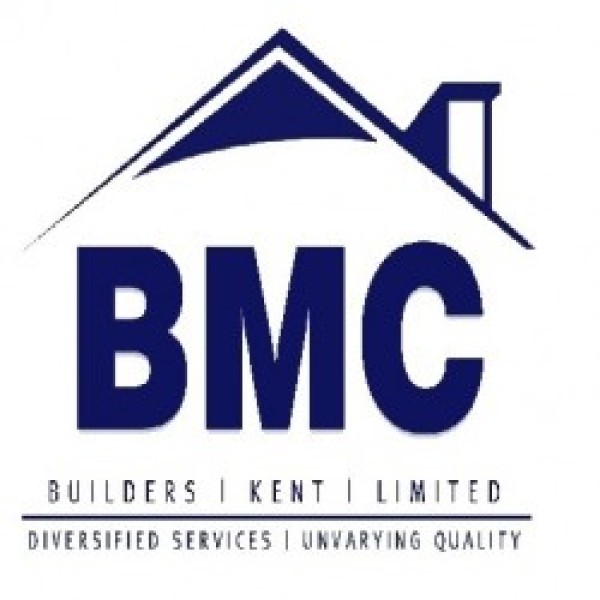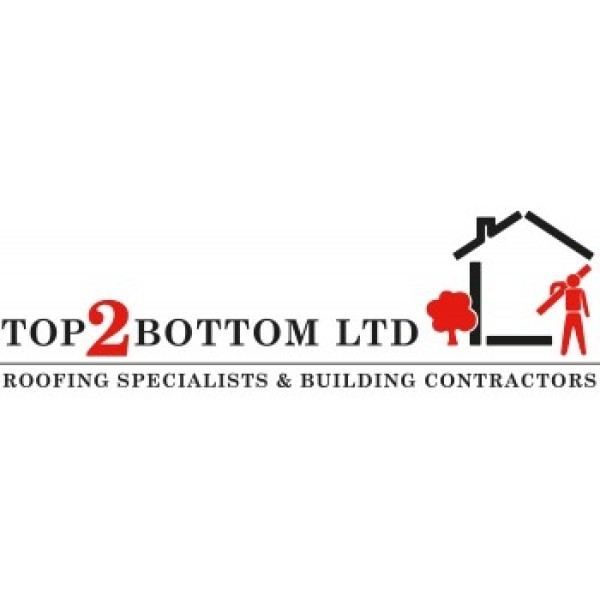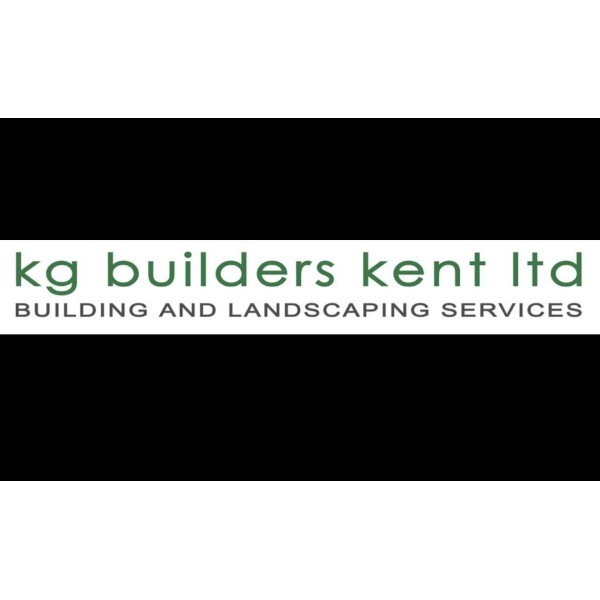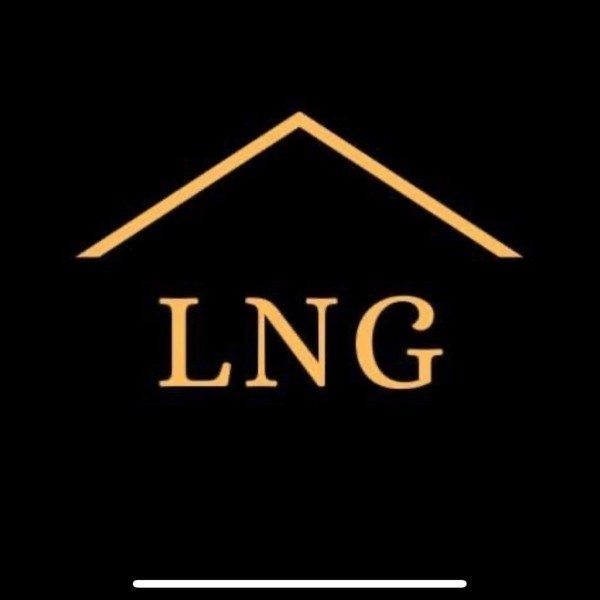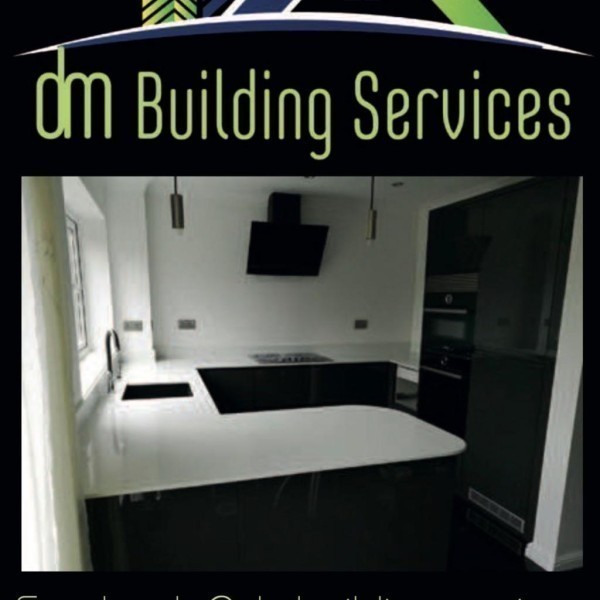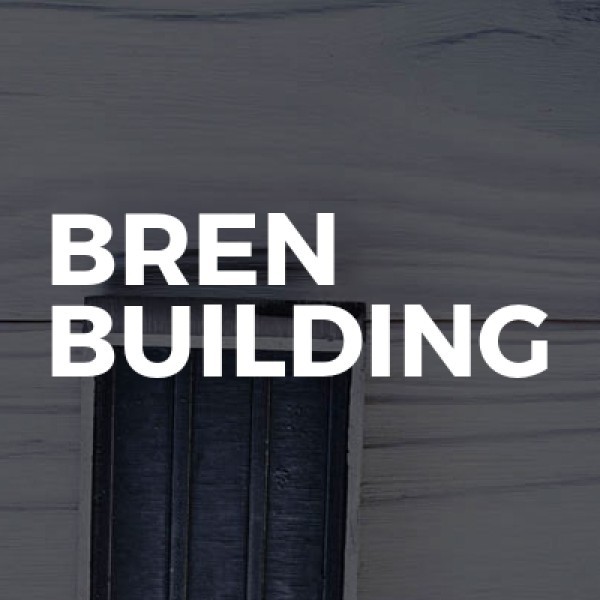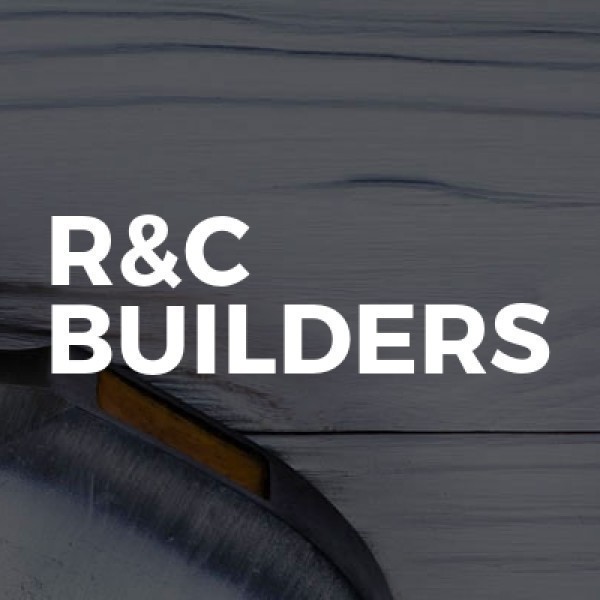Loft Conversions in Lydd
Filter your search
Post your job FREE and let trades come to you
Save time by filling out our simple job post form today and your job will be sent to trades in your area so you can sit back, relax and wait for available trades to contact you.
Post your job FREESearch Loft Conversions in places nearby
Understanding Loft Conversions in Lydd
Loft conversions in Lydd have become increasingly popular as homeowners seek to maximise their living space without the hassle of moving. This charming town, nestled in the heart of Kent, offers a unique blend of historical architecture and modern living, making loft conversions an attractive option for many residents. In this article, we'll explore the ins and outs of loft conversions, from planning and design to construction and completion, ensuring you have all the information you need to embark on your own project.
The Benefits of Loft Conversions
Loft conversions offer numerous benefits, making them a worthwhile investment for homeowners in Lydd. Firstly, they provide additional living space, which can be used for a variety of purposes, such as a bedroom, home office, or playroom. This extra space can significantly enhance your quality of life, especially if your family is growing or you need a dedicated area for work or hobbies.
Moreover, loft conversions can increase the value of your property. By adding an extra room or two, you can potentially boost your home's market value, making it more appealing to potential buyers. This is particularly advantageous in a competitive housing market like Lydd's, where properties with additional features often stand out.
Lastly, loft conversions are a cost-effective alternative to moving house. Relocating can be expensive and stressful, involving costs such as estate agent fees, stamp duty, and removal expenses. In contrast, a loft conversion allows you to stay in your beloved home while enjoying the benefits of extra space.
Types of Loft Conversions
There are several types of loft conversions to consider, each with its own advantages and suitability depending on your home's structure and your personal preferences.
- Dormer Loft Conversion: This is the most common type of loft conversion, involving the construction of a box-shaped extension that projects vertically from the existing roof. Dormer conversions provide additional headroom and floor space, making them ideal for creating functional rooms.
- Mansard Loft Conversion: Named after the French architect François Mansart, this type involves altering the roof structure to create a nearly vertical wall. Mansard conversions offer maximum space and are often used for period properties in Lydd.
- Hip to Gable Loft Conversion: Suitable for homes with a hipped roof, this conversion involves extending the sloping side of the roof to create a vertical gable wall. This type of conversion is popular for semi-detached and detached houses.
- Velux Loft Conversion: Also known as a roof light conversion, this option involves installing Velux windows into the existing roof structure without altering its shape. It's a cost-effective solution that works well for lofts with sufficient headroom.
Planning Permission and Building Regulations
Before embarking on a loft conversion in Lydd, it's essential to understand the planning permission and building regulations requirements. In many cases, loft conversions fall under permitted development rights, meaning you won't need planning permission. However, there are exceptions, particularly if your property is in a conservation area or if the conversion involves significant alterations to the roof structure.
Building regulations approval is mandatory for all loft conversions, ensuring that the work meets safety and quality standards. Key considerations include structural integrity, fire safety, insulation, and soundproofing. It's advisable to work with a qualified architect or builder who can guide you through the planning and approval process.
Designing Your Loft Conversion
The design phase is a crucial step in the loft conversion process, as it sets the foundation for the entire project. When designing your loft conversion, consider factors such as the intended use of the space, the amount of natural light, and the overall aesthetic you wish to achieve.
Engaging a professional architect or designer can be beneficial, as they can provide expert advice and create detailed plans that maximise the potential of your loft space. They can also help you choose suitable materials and finishes that complement your home's existing style.
Don't forget to consider practical aspects such as storage solutions, heating, and ventilation. Built-in storage can help you make the most of the available space, while efficient heating and ventilation systems ensure a comfortable environment year-round.
Choosing the Right Contractor
Selecting the right contractor is vital to the success of your loft conversion project. Look for a reputable builder with experience in loft conversions and a portfolio of completed projects in Lydd or the surrounding areas. Personal recommendations from friends or neighbours can also be valuable.
When evaluating potential contractors, consider factors such as their qualifications, insurance coverage, and membership in professional bodies like the Federation of Master Builders. Request detailed quotes from multiple contractors to compare costs and services, and ensure that the chosen contractor provides a clear contract outlining the scope of work, timeline, and payment terms.
The Construction Process
The construction phase of a loft conversion typically involves several stages, each requiring careful planning and execution. Here's a general overview of the process:
- Preparation: This stage involves clearing the loft space, setting up scaffolding, and ensuring access for workers and materials.
- Structural Work: The roof structure is altered, and any necessary reinforcements are made to support the new conversion.
- Installation: Windows, insulation, and flooring are installed, followed by plumbing and electrical work if required.
- Finishing Touches: Walls are plastered, and the space is decorated according to your design preferences.
Throughout the construction process, regular communication with your contractor is essential to address any issues or changes that may arise. A well-managed project will minimise disruptions and ensure a smooth transition from start to finish.
Cost Considerations
The cost of a loft conversion in Lydd can vary significantly depending on factors such as the type of conversion, the size of the space, and the quality of materials used. On average, a basic loft conversion may cost between £20,000 and £40,000, while more complex projects can exceed £50,000.
When budgeting for your loft conversion, consider additional expenses such as planning fees, building regulations approval, and any necessary upgrades to your home's infrastructure, such as heating or electrical systems. It's also wise to set aside a contingency fund to cover unexpected costs that may arise during the project.
Financing options are available for homeowners who require assistance with the cost of a loft conversion. These may include home improvement loans, remortgaging, or using savings. It's important to explore all options and choose the one that best suits your financial situation.
Maximising Space and Functionality
One of the primary goals of a loft conversion is to maximise the available space and create a functional area that meets your needs. To achieve this, consider incorporating clever design elements and space-saving solutions.
For instance, built-in furniture such as wardrobes, shelving, and desks can help you make the most of awkward spaces and sloping ceilings. Multi-functional furniture, like sofa beds or fold-away desks, can also enhance the versatility of the room.
Lighting plays a crucial role in creating a welcoming and practical environment. Natural light is ideal, so consider installing large windows or skylights to brighten the space. Complement this with layered artificial lighting, including task, ambient, and accent lighting, to suit different activities and moods.
Enhancing Energy Efficiency
Energy efficiency is an important consideration for any home improvement project, and loft conversions are no exception. By incorporating energy-efficient features, you can reduce your carbon footprint and save on utility bills.
Insulation is key to maintaining a comfortable temperature in your loft conversion. High-quality insulation materials can prevent heat loss in winter and keep the space cool in summer. Additionally, energy-efficient windows and doors can further enhance thermal performance.
Consider installing energy-efficient lighting and appliances to minimise electricity consumption. LED bulbs, for example, use significantly less energy than traditional incandescent bulbs and have a longer lifespan.
Addressing Common Challenges
While loft conversions offer numerous benefits, they can also present certain challenges. Being aware of these potential issues can help you plan effectively and avoid common pitfalls.
One common challenge is limited headroom, which can restrict the usability of the space. To address this, consider options such as lowering the ceiling of the room below or opting for a dormer conversion to increase headroom.
Access to the loft can also be a concern, particularly in older properties with narrow staircases. Installing a new staircase may be necessary, and it's important to choose a design that complements your home's existing layout and style.
Finally, noise can be an issue, especially if the loft conversion is used as a bedroom or office. Soundproofing measures, such as acoustic insulation and double-glazed windows, can help create a peaceful environment.
Legal and Safety Considerations
Ensuring that your loft conversion complies with legal and safety standards is crucial to the success of the project. This includes adhering to building regulations, which cover aspects such as structural safety, fire safety, and ventilation.
Fire safety is a particularly important consideration, as loft conversions often involve creating new living spaces above existing rooms. Measures such as installing smoke alarms, fire-resistant doors, and escape windows can enhance safety and provide peace of mind.
It's also important to consider the impact of the loft conversion on your neighbours, particularly if your property is semi-detached or terraced. Communicating with neighbours and addressing any concerns they may have can help maintain positive relationships and avoid potential disputes.
Maintaining Your Loft Conversion
Once your loft conversion is complete, regular maintenance is essential to ensure it remains in good condition and continues to meet your needs. This includes routine tasks such as cleaning, inspecting for signs of wear or damage, and addressing any issues promptly.
Regularly check the condition of windows, doors, and roofing materials to prevent leaks and drafts. Ensure that insulation and ventilation systems are functioning effectively to maintain a comfortable indoor environment.
Consider scheduling periodic inspections by a professional to identify any potential problems early and address them before they escalate. This proactive approach can help extend the lifespan of your loft conversion and protect your investment.
Case Studies: Successful Loft Conversions in Lydd
To illustrate the potential of loft conversions in Lydd, let's explore a few case studies of successful projects completed in the area.
Case Study 1: A family in Lydd transformed their unused attic into a spacious master bedroom with an en-suite bathroom. By opting for a dormer conversion, they gained additional headroom and floor space, creating a luxurious retreat that added significant value to their home.
Case Study 2: A young couple converted their loft into a bright and airy home office, complete with built-in storage and a skylight for natural light. This functional space allowed them to work from home comfortably and increased the overall functionality of their property.
Case Study 3: A retired couple in Lydd utilised their loft conversion to create a cosy guest room for visiting family and friends. The addition of a Velux window provided ample natural light, while clever storage solutions maximised the available space.
Frequently Asked Questions
- Do I need planning permission for a loft conversion in Lydd? In many cases, loft conversions fall under permitted development rights, meaning planning permission is not required. However, it's important to check with your local planning authority, especially if your property is in a conservation area.
- How long does a loft conversion take? The duration of a loft conversion project can vary depending on factors such as the type of conversion and the complexity of the work. On average, a loft conversion may take between 6 to 12 weeks to complete.
- Can all lofts be converted? Most lofts can be converted, but the feasibility depends on factors such as the available headroom, roof structure, and access. A professional assessment can help determine the suitability of your loft for conversion.
- Will a loft conversion add value to my home? Yes, a well-executed loft conversion can increase the value of your property by providing additional living space and enhancing its appeal to potential buyers.
- What is the cost of a loft conversion in Lydd? The cost of a loft conversion can vary depending on factors such as the type of conversion and the size of the space. On average, prices range from £20,000 to £50,000 or more.
- How can I ensure my loft conversion is energy efficient? Incorporating features such as high-quality insulation, energy-efficient windows, and LED lighting can enhance the energy efficiency of your loft conversion and reduce utility costs.
Loft conversions in Lydd offer a fantastic opportunity to enhance your living space and add value to your home. By understanding the process, planning carefully, and working with experienced professionals, you can create a beautiful and functional space that meets your needs and complements your lifestyle. Whether you're looking to accommodate a growing family, create a dedicated workspace, or simply enjoy a new room, a loft conversion can be a rewarding investment in your home's future.


